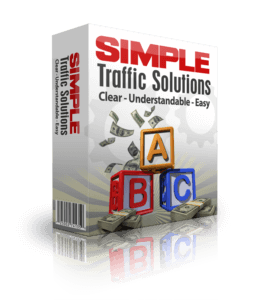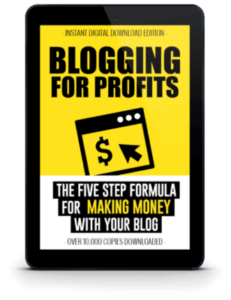In most of my articles I have talked about finding and setting up your joint venture deals. And of course that is the most important thing. But now, I also want to talk to you about what happens after the deal is done. It’s not to be neglected, if you want to ensure a smooth and profitable partnership. So in this article I will tell you what you need to know about fulfilment, payment and refunds.
Fulfilment
In other words, how will your product actually get to your customers once they have ordered it? Your follow up discussions with your partner should certainly cover this, so everybody is clear about what will happen. Here are three key points to cover:
- Is the product/service physical or digital?
- If it’s physical, how long does it take to send the product – and how long will it take to arrive? Fast shipping within one day of the order is best. And using courier-type delivery services like Royal Mail’s Special Delivery or Fedex can also help you provide superior fulfilment.
- If it’s digital, can it be fulfilled instantly, ie. using a download? This is highly desirable if at all possible.
Remember: You have to reassure your new partners that you will do everything possible to protect and even enhance their reputation. Great fulfilment is a good way of doing this.
Payment
Here are the important things to discuss regarding the money side:
- How and when will payment be made? Agree with them if you will pay weekly, monthly or quarterly etc. Try to be flexible here, and fit in with what will make your partner happy. Also, pay by the method they would like – whether cheque, BACS transfer or whatever.
- Are you willing to let them take the money and then pay you? Some JV partners will prefer to receive the cash from the customer and then pay you. Remember, your prospective partners may never have heard of you before and will not know if they can trust you. Agreeing to them receiving the money willhelp build trust. If so, you will then need to work out the details of how and
when they will make payment to you. - Who pays for delivery? Ultimately the customer does of course. But who will actually pay for it ‘up front’? Does it come out of your share, or out of your partners? You need to know whether each others cut of the profits will be calculated before or after delivery costs.
Refunds
Refunds happen from time to time. In fact, having a generous refund policy is an important part of making a JV deal really work. So you need to agree the nitty-gritty of it with your partner, to make sure they are on the same wavelength:
- What’s your refund policy? It’s important to be crystal clear on this. For example, if your refund policy has a time limit, calls for the customer to trial the product first or requires them to claim it in a certain way, you need to make sure that this fits in with your partner’s business philosophy too. For example, if you offer a generous 90 days but they only offer 14 days – or vice versa – what will you do? And what if they are reluctant to give refunds at all?
- How will you handle bounced payments and chargebacks? When you’re doing a lot of business (and you will be!) it’s inevitable some payments will bounce, or some payments will be disputed by the credit card company. In circumstances where the product has already been shipped what do you do? For example, who covers the loss? Do you share it? Do any commissions already paid stand or do they get clawed back? There is no right or wrong in these situations. But you just need to have to have it all agreed beforehand.
I know that some of these points may seem a little tedious to deal with, or you may not like broaching them with prospective partners. But please don’t overlook them. They will help make sure your JV deals run much more smoothly. But not only that: They will show that you are well organised, trustworthy and professional…. so making it much more likely you will get the deal in the first place too!



